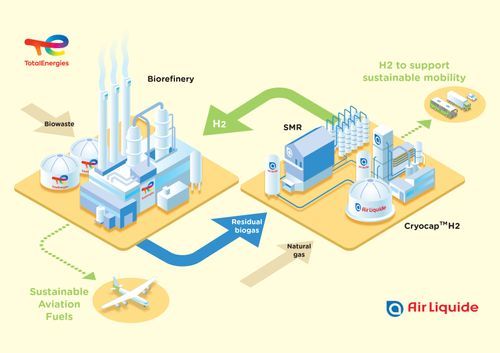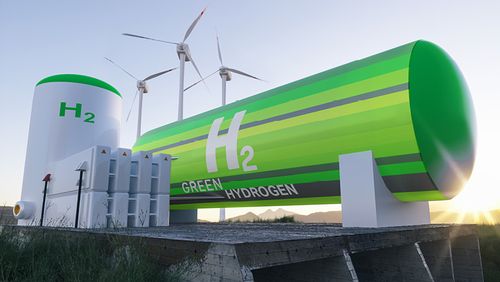Ekona Power, the industrial hydrogen solutions firm based in British Columbia, is raising a Series B of between $50m and $80m, two sources familiar with the matter told ReSource.
RBC Capital Markets is conducting the raise, the sources said, while the Vancouver office of Fort Capital is also involved.
The company is targeting US investors, particularly large strategics, one of the sources said, and has had discussions with ExxonMobil Low Carbon Solutions.
Ekona is eyeing expansion in the US Pacific Northwest, Western and central Canada, Australia, Saudi Arabia and China, the source added.
In early 2022 TransAlta made a CAD 2m equity investment in Ekona. Baker Hughes participated in the company’s Series A.
Ekona and Fort Capital declined to comment. RBC did not respond to requests for comment.






